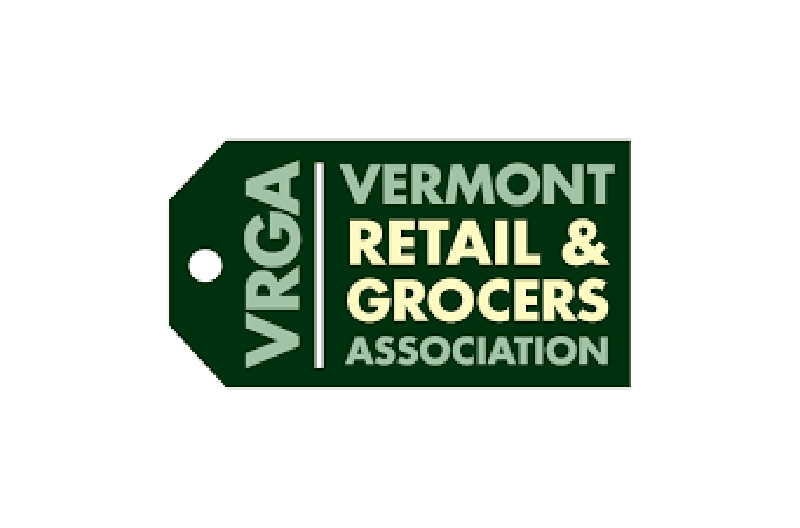The Vermont State Legislature convened Jan. 4 and has reached its halfway point. According to the February newsletter from the Vermont Retail & Grocers Association, legislators had said addressing the state’s housing shortage was a top priority. Eight weeks in, little progress had been made.
As various committees were engaged in work during the first half of the session, the newsletter noted that “the potential of changing environmental regulations continues to cause concern that progress will be limited again this year.”
The Vermont House of Representatives’ General Committee passed H.66, which the newsletter termed “the country’s most generous paid family and medical leave proposal.” The legislation offers employees 12 weeks of paid leave at 100 percent of their wages ($1,135 per week maximum). It also includes a 55-cent payroll tax split evenly between employer and employee.
The Vermont Treasurer’s Office, which would administer the program, stated it would require $100 million to establish the program, effectively doubling the number of employees in the office.
As of March 15, the bill was in the House Committee on Appropriations. It will face a full vote by the House before it can proceed to the Senate.
The Bottle Bill discussion “continues to highlight resounding frustration from stakeholders of all types, including haulers, beverage manufacturers and retailers, as the House Environment and Energy Committee continues consideration of H.158, the bill that would expand the scope of containers required to be pulled from the recycle bin and redeemed,” the newsletter stated.
VRGA staff was among the witnesses who expressed concern about labor shortages if the expansion were to happen now. According to the newsletter, two retailers reported their redemption businesses were unprofitable. VRGA staff noted that the bill has “a long road and battle” before the end of the session. As of March 21, it was in the House Committee on Ways and Means.
The VRGA newsletter also stated that, for the fifth year in a row, the Senate Health and Welfare Committee is poised “to pass out the bill that would ban the sale of all flavored tobacco products and expand the seizure and destruction of contraband.”
VRGA expects the bill will be considered by the Senate Finance and Appropriations committees near the end of the session.
The Affordable Heat Act, S.5, moved through the Senate and in the House Committee on Environment and Energy. It is “an act relating to affordably meeting the mandated greenhouse gas reductions for the thermal sector through efficiency, weatherization measures, electrification and decarbonization.”
According to the VRGA newsletter, the legislation would require “fuel dealers to get their customers to buy less of what they sell – or else pay someone else to do it for them.”
The newsletter stated it is expected to add at least 70 cents to a gallon of heating fuel. Businesses and residents will see higher heating fuel prices if this legislation is enacted. VPA lobbyist Matt Cota, who recently spoke at VRGA’s Legislative Day, reported that he anticipates that 70-cent increase will most likely be closer to $2 per gallon.
This is similar to the Clean Heat Standard that passed the Vermont legislature last year, was vetoed by the governor and sustained by one vote. This bill, if enacted, would also set the precedent for motor fuels, according to the newsletter.
The House Government Operations Committee passed H.127, which would legalize sports betting in Vermont.
The bill was referred to the House Ways and Means Committee and is in the Appropriations Committee. It will be sent to the House floor prior to moving to the Senate for review.
A bill that would expand on the requirements of data collectors was expected to “move swiftly” out of the House Commerce and Economic Development Committee. However, as of March 20, it was listed as still being in committee.
According to the VRGA newsletter, companies that collect personal information or biometric data would see stricter requirements surrounding notification to authorities and consumers in the event of a data breach and requiring an opt-out option for consumers.
“If you maintain a database with customer information, whether it’s a website, loyalty program, gift card database, etc., we strongly suggest that information is securely stored, and you keep as little information as possible,” the newsletter stated.
The Vermont legislative session is scheduled to end May 9.

